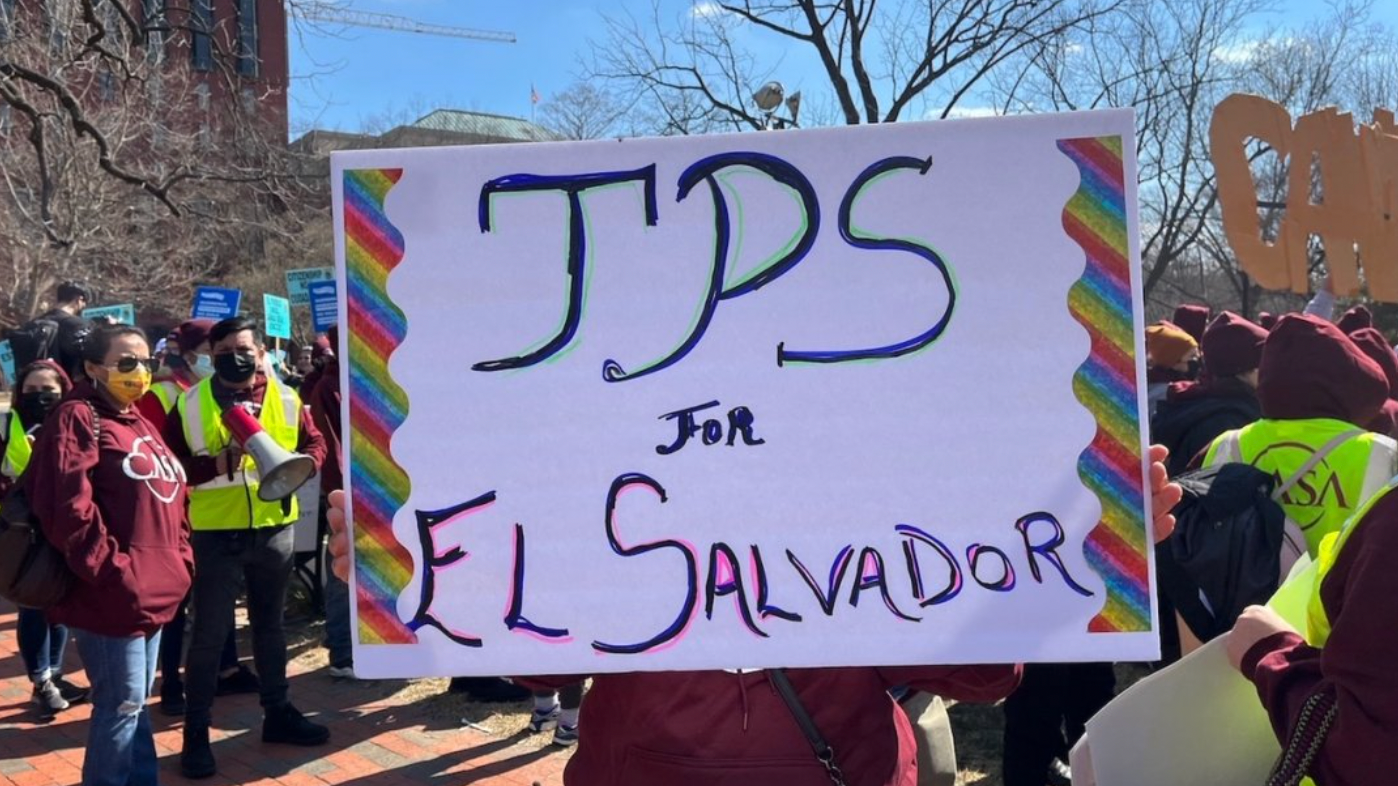Content warning: This story discusses suicide and mental health crises. For support, contact the National Suicide Prevention Lifeline at 800-273-8255.
SESP second-year Max Byrne gazed out of the conference room window, watching people pass by. It was 40 minutes into Reform CAPS’ weekly meeting with Northwestern Counseling and Psychological Services (CAPS). Once the clock hit the 45-minute mark, Byrne knew what they had to do.
“We don’t feel like meeting with you guys going forward is productive,” Byrne told University administration. “We hope you guys continue to do the work that we have started here, and to listen to these student experiences that we’ve shared and in your own way – do what you think you can and should.”
Byrne stood up, pushed in their chair and walked out of the room. SESP second-year and Reform CAPS co-founder Genni Bogdanowicz followed, while Medill second-year Maddie Southwell gathered the stacks of printed student testimonies scattered across the table.
Reform CAPS co-founder Sahibzada Mayed, a McCormick and Communication third-year, was the last to leave. He looked at the other Reform CAPS members as they headed toward the door, avoiding eye contact with the three administrators in the room. It was officially over.
On March 7, 2022, the mental health advocacy group terminated its working relationship with CAPS Executive Director Garrett Gilmer, CAPS Clinical Director Shenay Bridges-Carter and Dean of Students Mona Dugo following a breakdown in communication after comments made by Reform CAPS members in a Daily Northwestern article.
After six months of meetings, University officials and Reform CAPS clashed on whether CAPS should acknowledge students it has harmed and held conflicting perspectives on procedural changes in mental health services.
To understand why Reform CAPS decided to end its relationship with University administration, North by Northwestern has examined the timeline of events that led to the walkout...









